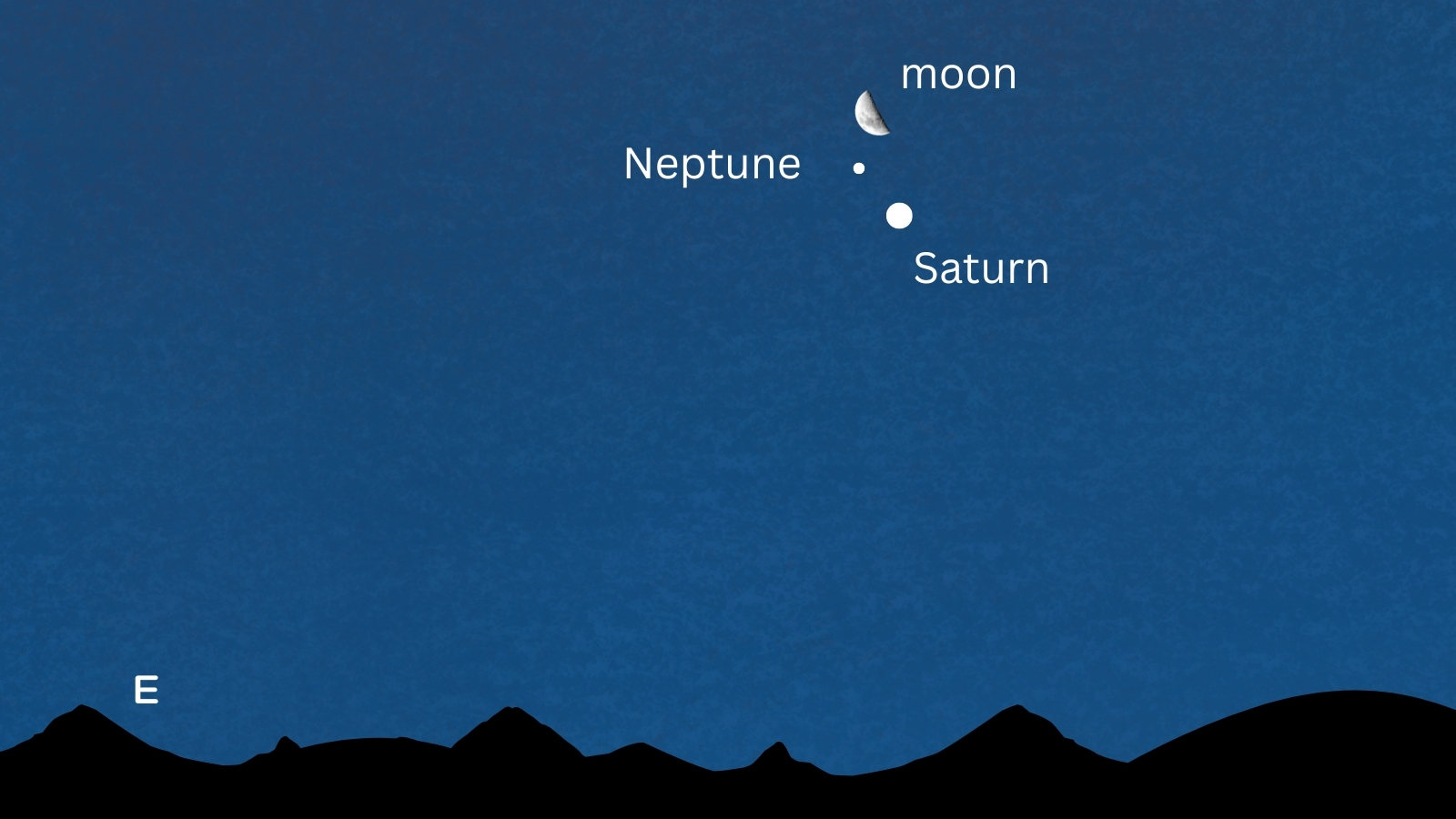See the moon rise alongside the giant planets Neptune and Saturn predawn on June 19

The UN court enables climate lawsuits between nations, while North Carolina's bogs reveal surprising environmental benefits, and lightning's deadly toll on trees highlights nature's destructive power.

All major sources, one page
Feel the mood behind headlines
Know what’s trending, globally
Get summaries. Save time
8,005
119
191
2 hours ago
Stay sharp in 60 seconds. Get concise summaries of today’s biggest stories — markets, tech, sports, and more
All major sources, one page
Feel the mood behind headlines
Know what’s trending, globally
Get summaries. Save time
8,005
119
191
2 hours ago
Stay sharp in 60 seconds. Get concise summaries of today’s biggest stories — markets, tech, sports, and more